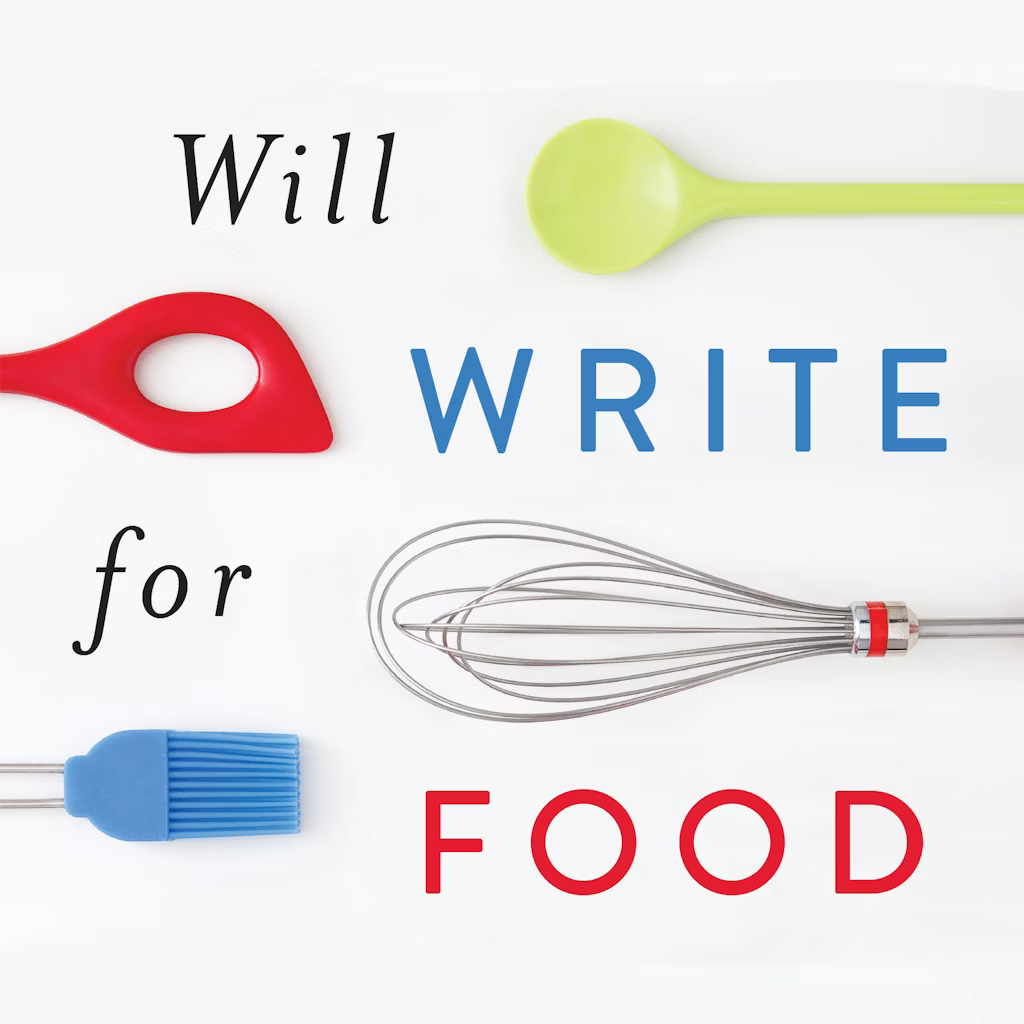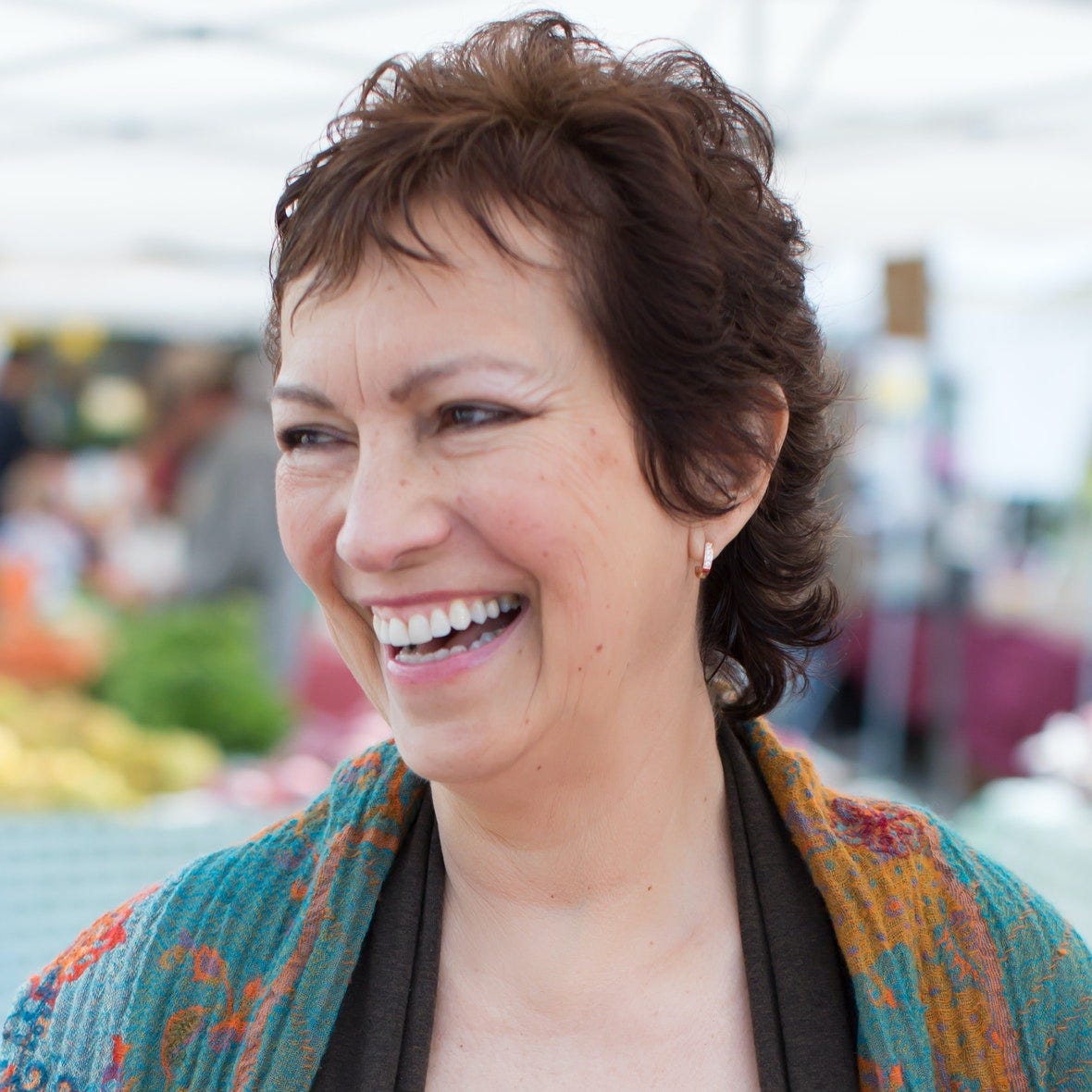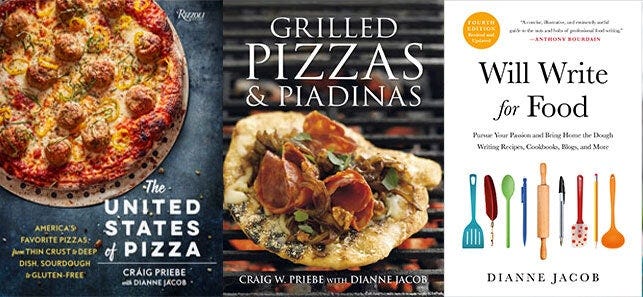
A few weeks ago, the Internet was all ablaze with comments made by Tim Mazurek of the food blog Lottie + Doof, when he wrote a post about cookbooks and criticism.
The most provocative sentence was this: “Cookbooks, like all forms of cultural production, are mostly kind of bad.” This puzzled him, because he also said there’s not much criticism of cookbooks. He theorized that it’s because our culture doesn’t take cookbooks seriously, and because some of us know each other.
You can see in the post’s comments that many people piled on about what makes a cookbook “bad.” Yet none of this is surprising. Of course there are bad cookbooks, because there are bad versions of everything in life, including jeans, paintings, strawberry ice cream and lampshades.
What was his definition of “bad,” though? He didn’t say. For me, the number one thing is when the recipes I try don’t work. That’s not negotiable, and it happens far more often than I would like.
I do agree with his point that cookbooks aren’t taken seriously as a literary form. I experience this as a food writer and cookbook author, where I feel like editors and writers in other fields don’t take me seriously. Coincidentally, I’m reading The Editor: How Judith Jones Shaped Culture in America right now. Author Sara B. Franklin makes that very point in the introduction:
“While, in twenty-first century America, food is firmly ensconced at the center of our culture, books about food were (and to some extent still are) treated with an air of condescension by the literary world. Despite their popularity, cookbooks are often viewed as technical manuals rather than vessels of story, memory, and voice, and their authors are often seen as artisans rather than artists. Making cookbooks demands tremendous precision, creativity, expertise, and huge quantities of labor and time. Like the day in and day out labor of cooking itself, most books about food are written and edited by women. And like that quotidian work and those who perform it, writing about food is not only undervalued but often completely unnoticed. It is unsurprising, then, if no less troubling, that writers who choose food as their subject are often met with disregard, and that cookbooks’ most famous editor was similarly patronized throughout her lifetime.”
(For more, read Judith Jones, Editor, a newsletter post about a new biography of the legendary cookbook author. )
Certainly, there should be more cookbook criticism, but it’s time consuming and doesn’t pay. Early in my career, for example, a newspaper editor offered me a free cookbook in exchange for writing a critique which included three tested recipes. That was several hours of work for about $30, not including the cost of ingredients. I said no.
I don’t test recipes most of the time in my Instagram cookbook and food memoir mini reviews, because there isn’t room, it takes too long, and because I’d rather not bash someone publicly when their recipes don’t work. The Internet is full of meanness and I don’t want to add to it.
This is a change from the earlier days of my career, when I reviewed restaurants. But restaurants are businesses versus one individual. Also, I usually reviewed expensive restaurants for people who considered a pricey dinner a special occasion, like celebrating their mother’s birthday. There was more to lose.
In any case, Mazurek’s controversial post garnered lots of discussion about cookbooks and critiquing, and that’s a good thing.
Books I’m Discussing
Click on the image to read what I wrote. I’ve been writing mini reviews of cookbooks and food memoirs on Instagram. Why not follow along? And if your book comes out soon, send me an email.
Private Consults
Through a partner, Delicious Experiences
One-hour consult: $250
For years, I had a five-hour minimum for consulting. Now you can book a Zoom consult for just one hour (or more, if you like). If you want to write a cookbook, get published or get better freelance assignments, let’s move you forward.
While I have no upcoming classes at the moment, here’s what one student said when she got her homework back from my recent Jumpstart Your Cookbook Proposal class:
"Oh my goodness, your recipe editing skills are insanely good!” — Peri Avari, Simply Bhonu
What I’m Reading
The 80 Most Exciting New Spring Cookbooks for 2024. What a challenge this must have been for the writers.
24 Best Food and Drink Books of Spring 2024, According to Food & Wine Editors. Spring produce! Backyard dinner parties!
The 17 Best Cookbooks of Spring 2024. Eater breaks down what its writers like best.
Publishing Pledged to Diversify. Change Has Been Slow. Still overwhelmingly white, but there’s some progress. (An unlocked article from The New York Times.)
Is TikTok the Cookbook for Today’s Generation? In a word, no. A lot of what appears is showmanship and cannot be replicated in a home kitchen.
In Defense of Not Using Kosher Salt. Nik Sharma explains whether grabbing its coarser grains are easier than picking up fine sea salt, whether it’s saltier, and whether it dissolves any faster.
Why the Mediterranean Diet Needs a New Name. Totally agree. The New York Times did a special newspaper section about the Mediterranean Diet and it irritated me too. But the U.S. is still fairly Eurocentric when it comes to cuisine and what’s “best.”
AI recipes are everywhere — but can you trust them? “Your chance of weirdness and nonsense is very high,” said a professor. (An unlocked article from The Washington Post .)
Is AI like Chowbot coming for my wine critic job? The San Francisco Chronicle’s Esther Mobley decides whether it makes better recommendations than she could. (An unlocked article from The San Francisco Chronicle.)
Also in the San Francisco Chronicle, Your new restaurant critic won’t be anonymous. Here’s why. (Another unlocked article.)
Podcast: A Chat with Deb Perelman of Smitten Kitchen. David Lebovitz interviews his long-time friend about blogging, change, inspiration and recipe testing, among other topics.
Kids’ Cookbooks Are Finally Growing Up. Apparently, it’s new that they are actually about cooking.
Mise en place is overrated. There are often faster ways to cook. Becky Krystal explains her stance, which is “Down with the tyranny!” (An unlocked article from The Washington Post.)
News from Clients and Students
Former student Kevyn Allard will test recipes for the forthcoming cookbook House of Nanking San Francisco, with Cathy and Peter Fang, and Emily Timberlake.
The New York Times featured Yvonne Maffei’s recipe for Roast Chicken with Couscous, Dates and Buttered Almonds for Ramadan. (I coached her on a cookbook proposal.)
Charlotte Rutledge was named an executive committee member of the 2024 International Association of Culinary Professionals (IACP) Cookbook Awards.
Thanks for Reading
Like this newsletter? Please forward it to a few people or share it on social media. It really helps me reach more people. New subscribers can sign up here. Thank you.
If you enjoyed this post, please click on the little ❤️ below ⬇️.
Dianne Jacob
Editor, Writer and Coach
Email: dj@diannej.com
Website: http://diannej.com
X: https://twitter.com/diannej
Facebook: https://www.facebook.com/foodwriting
Instagram: https://www.instagram.com/diannemjacob








Loved the podcast Lebovitz did with Deb Perelman; these two are pioneers (along with you). Looking forward to perusing the "best cookbooks" links.
I honestly wouldn’t know about any of this industry news without you! So focused and in a silo (of proposal writing ) so I’m grateful to always come here as a touch base.